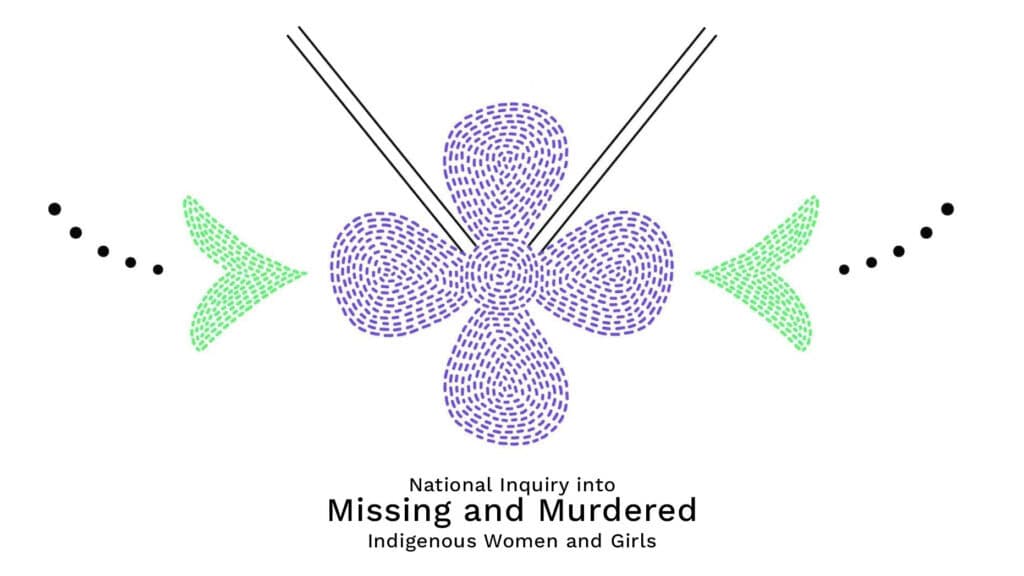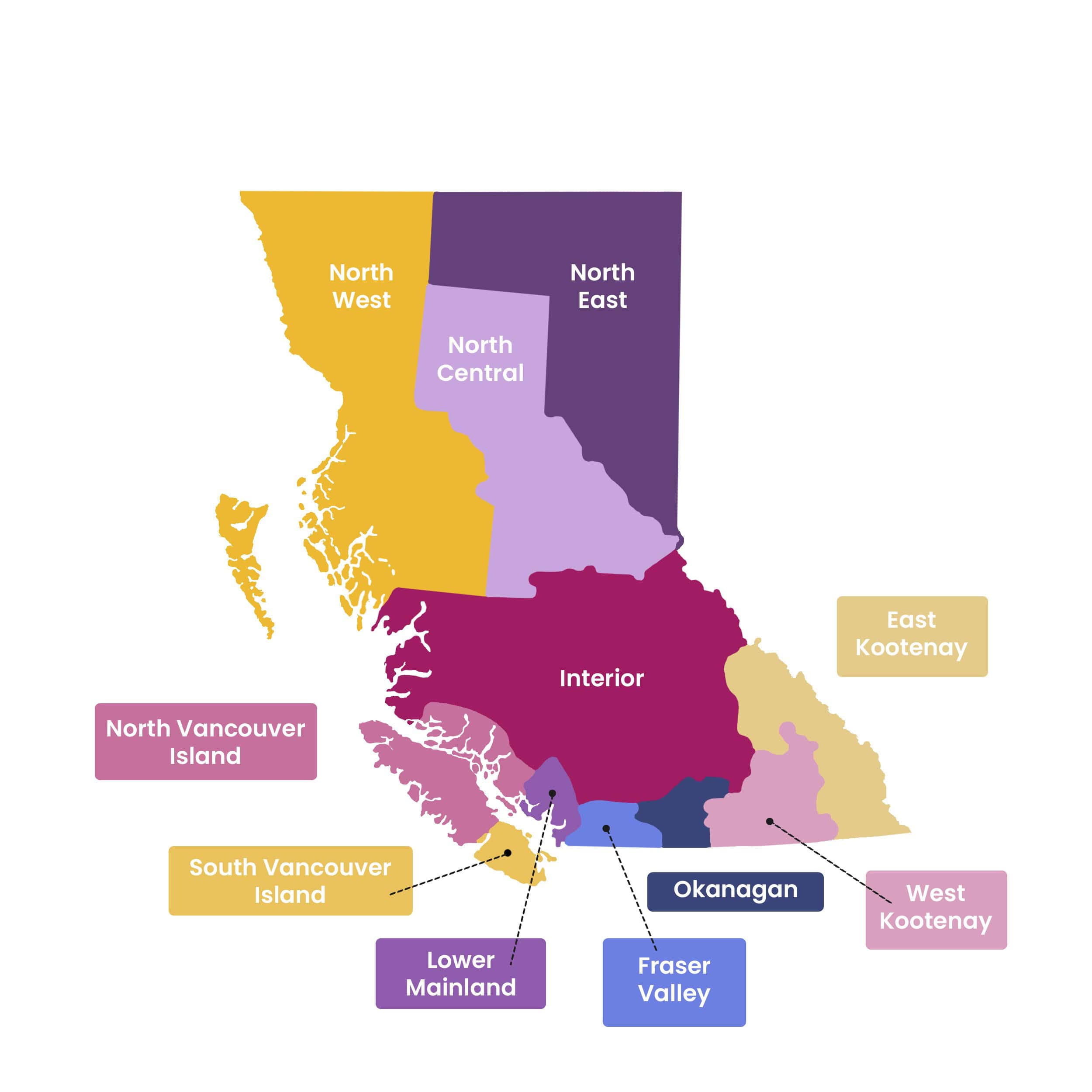

Our commitment to reconciliation
We stand for Truth and Reconciliation and commit to addressing the Calls to Action made by the Truth and Reconciliation Commission of Canada. We support and advocate for the Calls for Justice from the final report of the National Inquiry into Missing and Murdered Indigenous Women and Girls.
From ReachOut newsletter September 2024
Calls to Action
Redressing the legacy of residential schools
September 30 is the National Day for Truth and Reconciliation – a day to honour the children who never returned home and all residential school survivors.
It is also an opportunity to renew our collective commitment to take action to reduce the number of Indigenous children in care (see Call to Action #1).
Indigenous children comprise more than 67 per cent of the children in care in BC, even though they represent less than 10 per cent of the child population.
The Representative for Children and Youth (RCY) report Don’t Look Away – How one boy’s story has the power to shift a system of care for children and youth reviewed the stories of 15 children in care and identified the systemic issues that led to life-altering injury, including a death at the hands of family caregivers in the Fraser Valley in 2021.
Two of the report’s major themes were preventing intimate partner and family violence and improving inter-agency collaboration, efforts EVA BC is committed to achieve.
Here are some of the key report recommendations for transformational change:
- Develop a cross-ministerial leadership committee, including Indigenous Child and Family Service Agencies, to provide advice and guidance on improvements and collaboration to enhance cross government service.
- Update and strengthen Ministry of Children and Family Development (MCFD) policy and practice to address gaps in service provider knowledge and risk assessment of family and intimate partner violence. This includes embedding an intimate partner violence risk factor template into the MCFD Integrated Case Management system.
- Assess and develop a plan to enhance Local Service Area and Indigenous Child and Family Service Agency capacity to respond to family and intimate partner violence. This includes providing the necessary resources for adequate staffing and support for leadership to engage in cross-sectoral collaborative initiatives (e.g., Domestic Violence Units, Violence Against Women in Relationships Committees, Interagency Case Assessment Teams) and Nation-led activities to end gender-based violence.
The RCY will be releasing issue briefs and resources to help inform planning and decision making in the key areas identified in the report. The RCY will also host a series of meetings to share additional findings from the systemic review and establish a provincial plan and timeline.
EVA BC is looking forward to engaging in next steps to strengthen cross-sectoral, cross-governmental and Indigenous partnerships focused on ensuring that children and their families are safe so children can thrive and reach their full potential.
Calls for Justice
Provincial frontline support for families of missing and murdered Indigenous people
As part of their healing process, families need access to consistent and reliable information about their missing or murdered loved ones. It can be challenging to figure out who to contact, how to get information and find answers to questions about criminal justice system policies and practices.
Family Information Liaison Units (FILUs) support families of missing and murdered Indigenous women, girls and 2SLGBTQQIA+ people. FILUs, available in every province and territory, were created in 2016 as part of the federal government’s commitment to address violence against Indigenous people (See Call for Justice #5.6).
In 2023, increased government funding enabled FILUs to serve families of all missing and murdered Indigenous people, including men and boys.
The BC FILU
The BC FILU works with families to coordinate information gathering from system partners including police, the coroners service, child and family services and other FILUs. The BC FILU provides case-specific information about police investigations, coroner reports and inquests and court proceedings in a trauma-informed and family-centred way.
The BC FILU travels across the province to connect with families and refer them to local resources such as cultural supports, counselling, healthcare and housing. Many families experience housing instability because of the financial cost of searching for their loved ones, which also can lead to the loss of income and employment from needing to take time off from work.
Community outreach is an important part of BC FILU’s work; they attend local events with agency partners to connect with families and bridge the gaps between systems and communities.
BC FILU services are available to all family members, including adopted families, cultural kin, foster care relatives and chosen family.
Families can reach out directly to the BC FILU by calling 1-888-355-0064 or emailing BCFILU@gov.bc.ca. Service providers can use the BC FILU Information Request forms to support families with requesting information.

